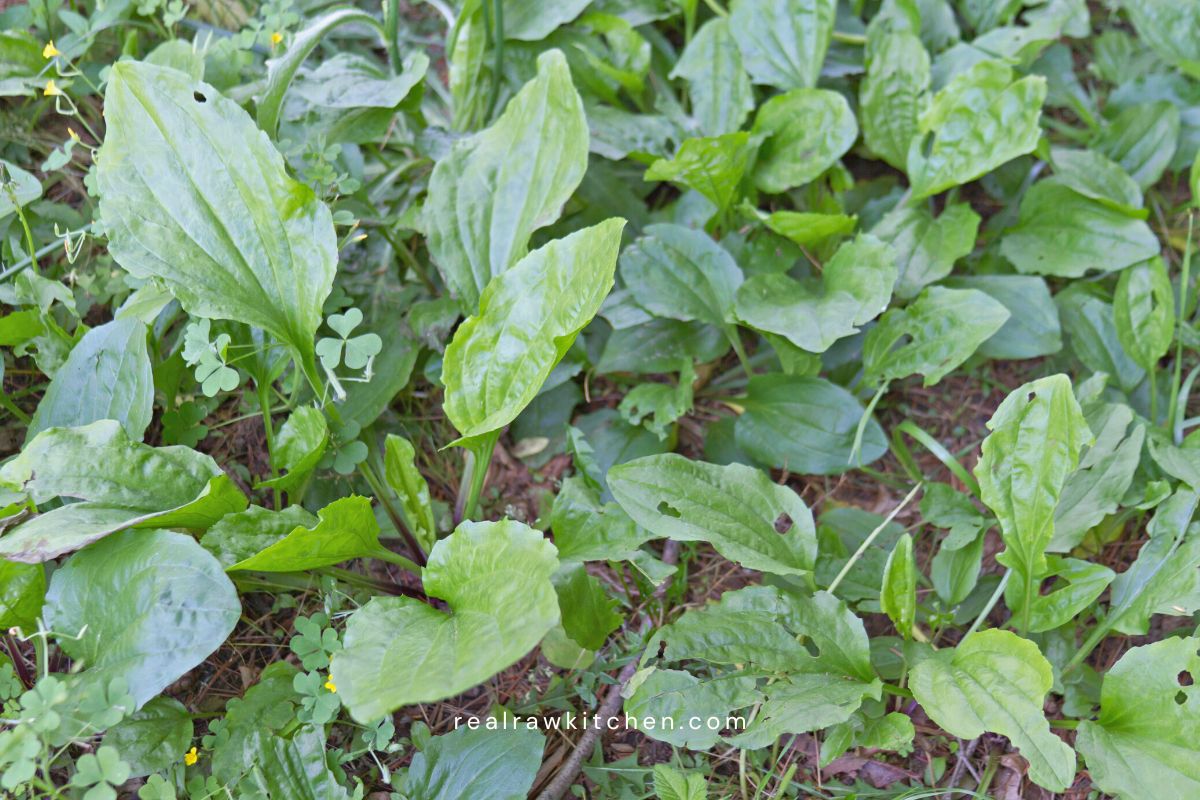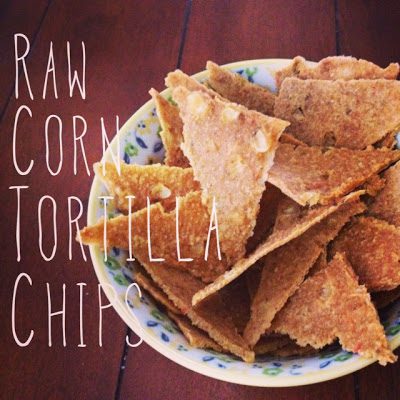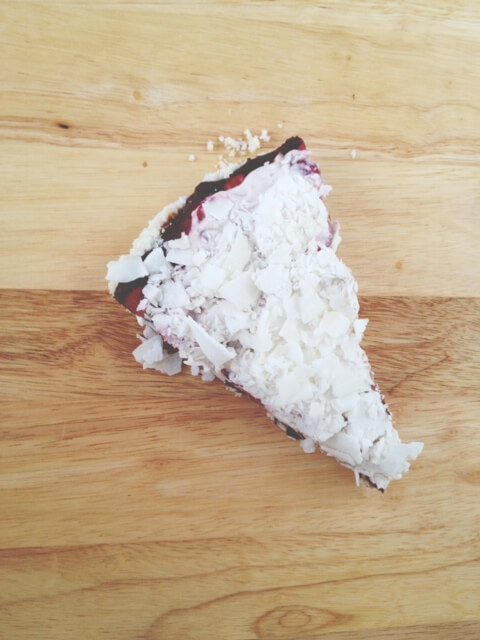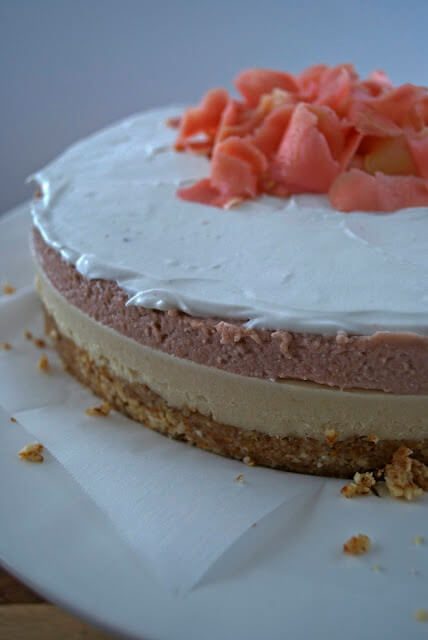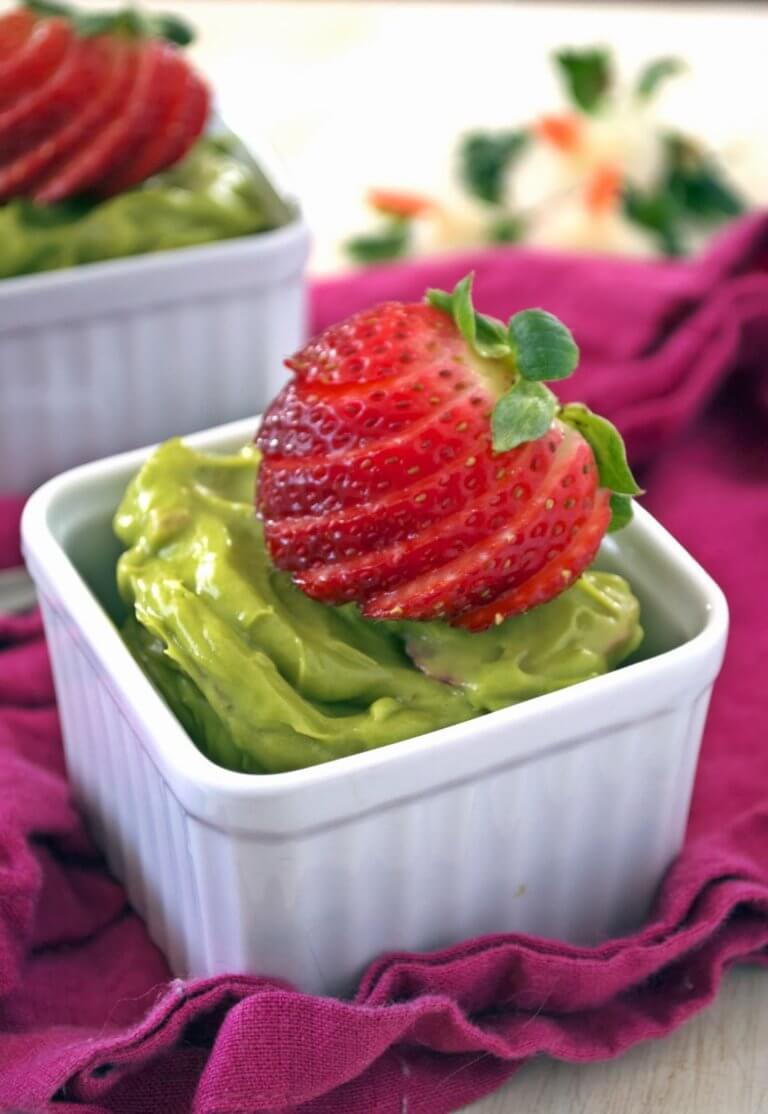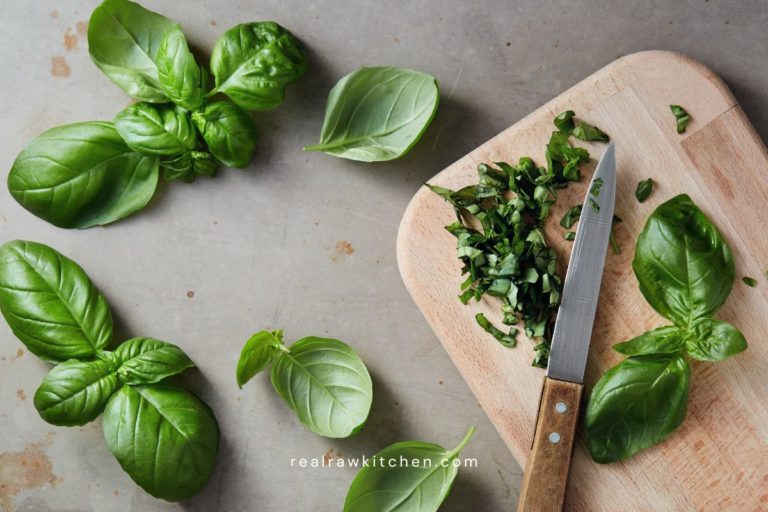Plantain herb, not to be confused with plantain fruit, is a large group of 200 species of plants with oval-shaped leaves. Among these, two are the ones that are more commonly used medicinally: broadleaf plantain, or Plantago major, and ribwort plantain, or Plantago lanceolata.
This perennial plant is widely spread in Europe, America and Asia, where it’s often considered an invasive weed as it grows along paths, roadsides, yards, sidewalk cracks and waste areas. So step out and try to find out whether plantain herb grows somewhere around you!
In fact, this healing herb can help you ease pain and swelling from animal bites or to remove bee stings, thanks to its anti-inflammatory properties. But its health benefits don’t end just here! In this article, we will explore this versatile herb’s properties, doses and side effects, and a few ways to consume it safely.
Plantain leaf benefits
The use of plantain to treat various diseases goes back thousands of years. The earliest known account of the Plantain is in the “Materia Medica” written by “Pedanius Dioscorides”, a Greek botanist, between 40 and 90 AD.
In Traditional Persian Medicine (TPM) broadleaf plantain was used for its antibacterial properties, to speed wound healing up and to treat different kinds of aches in the body, such as toothache or gastrointestinal inflammation and constipation. It was also used to cure epilepsy and usually administered in form of “Adasiyyat”, a mix of cooked lentils and fresh plantain leaves. Its properties were not foreign to Native Americans either, who used plantain to cure burns and rashes. For the Anglo-Saxons, it was considered one of the nine sacred herbs, and in Scotland, it earned the name of “Healing Blade” because of its applications in healing sword wounds.
What makes plantain so versatile and one of the best healing herbs is that you can apply it both internally, to benefit the organs, and externally to treat different skin conditions. In addition, its edible leaves can be easily added to any meal and you can consume them cooked or raw.
Modern pharmacological studies have proven some of the traditional applications of Plantago major, and much scientific research validates anti-infective, anti-tussive, anti-inflammatory, diuretic, laxative and astringent properties.
- Wound healing: Plantain helps draw out toxins from your skin and body, and to heal wounds and reduce inflammation. That’s why it was once used to draw out venom from snake bites. Today, it still finds large use in treating animal bites, especially insect bites, thanks to its anti-inflammatory benefits. You can use plantain salve to help remove stings from the skin, be it wasp stings or plant stings. Plantain’s anti-inflammatory properties also aid the repair of damaged tissues. The benefits of plantain on open wounds are ascribed to its active constituents, allantoin and polyphenols, which promote tissue regeneration. Allantoin, in particular, is really beneficial for soothing skin and promoting new cell growth.
According to modern herbalist Rosemary Gladstar, who considers Plantain a supreme herb, you can mash plantain fresh leaves in a plantain poultice and apply it directly to wounds, bug bites, skin eruptions, or even to remove bee stings or a splinter. In this case, you need to soak the area of skin in hot plantain tea, then keep the fresh poultice on until you can pull the sliver out (Rosemary Gladstar. Medicinal Herbs: A Beginner’s Guide, pg. 189-190).
Different animal studies have also confirmed Plantain positive effects on burns, especially when administering 50% of broadleaf plantain solution. One research concluded that, applied in sufficient amounts, plantain might be a suitable substitute for silver sulfadiazine, an antibiotic used to prevent and treat wound infections in patients with second and third-degree burns. - Antioxidant and free radical scavenging effect: This herbal medicine contains flavonoids and phenols, which make it a potent antioxidant and antibacterial, which could prevent dreadful human diseases. Flavonoids are in fact known to have important health benefits, including reducing the risk of developing cancer.
One study concludes that hot water extracts of broadleaf plantain and Chinese plantain possess a broad spectrum of antileukemia, anti-carcinoma and antiviral activities, with the seeds being the best source for the development of anticancer and anti-inflammatory products. - Urticaria treatment: the benefits of plantain extend to the treatment of acute urticaria, thanks to the diminishing effect that ursolic acid, oleanolic acid and α-linolenic acid have on it. In one human study, plantain extract showed better results in the treatment of urticaria compared to cetirizine, an antihistamine which is usually used for this purpose, but which has side effects such as renal and hepatic complications. Plantago extract could, on the other hand, be applied for treatment of patients with urticaria with no side effects and duration of treatment. It can also be applied to reduce symptoms of poison ivy rashes.
- Promotes respiratory health: Plantain leaf has been traditionally used as an herbal remedy to ease coughs and other types of respiratory problems. Today we know this is possible thanks to the mucilage present in the leaves, which has a moistening and soothing effect on the throat and the whole respiratory tract, making it one of the best healing herbs for dry cough.
The German Commission E (an organization similar to the FDA) has approved the use of plantain for coughs and other infections of the upper respiratory system, whereas a few studies done in Bulgaria have validated the benefits of plantain in the treatment of more serious complications of the respiratory tract, such as chronic bronchitis. - Good for the digestive health and the liver: Plantain seeds contain psyllium, a type of fiber often used as a natural laxative. In addition, the active constituents of plantain leaf stimulate the liver to cleanse toxins out of the blood and body. That’s why plantain finds a lot of applications in treating digestive complaints, bladder infections and urinary tract infection, but also complications of the gastrointestinal tract, such as constipation.
Potential risks and side effects
Broadleaf plantain is not among the most toxic of plants and can be used safely by most healthy adults, without significant side effects. However, special caution must be observed when using it as a herbal remedy for urinary tract infection in children (Ding J, Perera L. Polyuria. “Watery wee in a toddler“).
In addition, special care should be taken in these cases:
- Plantain supplements: These supplements could induce symptoms like nausea, vomiting, diarrhea, bloating, and skin reactions. This is also true for supplements derived from plantain seeds, such as psyllium. Psyllium husks can cause gas or stomach cramping and you should therefore take them with sufficient water.
- Use but don’t abuse: As for all herbal medicines, you shouldn’t take plantain in high doses, as this might trigger more serious side effects, including anaphylaxis, a severe and potentially life-threatening allergic reaction.
Be sure to start with a low dosage and increase your intake slowly, and always make sure to observe the dosages provided on product labels. If you experience an allergic reaction, discontinue use immediately and talk to your healthcare provider. - Interaction with blood thinners: Plantain is rich in vitamin K. Although this might be an advantage to some people, vitamin K can interact with blood thinners like warfarin, reducing the drug’s effectiveness in stopping the formation of blood clots.
In case you use warfarin or similar blood thinners, make sure you consult your healthcare provider before you decide using plantain, and discuss the best solution to ensure a balance between warfarin and this herbal medicine’s consumption.
Forms and doses
Broadleaf plantain is extremely nutritious and packed of vitamins and other nutrients, like calcium and various minerals. This is true especially for the young leaves, as they have a higher concentration of vitamins A and C, which can boost immune health. Apart from that, immune-boosting plantain leaves usually increase in nutrients the older they get, but this comes with the disadvantage of a bitter taste and a tougher consistency. For this reason, old leaves are more suited to be cooked in soups, whereas young leaves can be used as greens for salads. The seeds have a higher content of mucilage, which is what creates the gel-like matrix that soothes the digestive system.
In its traditional use, plantago major has been prescribed in various forms, such as roasted seeds, decoction, syrup, liniment, gargle, rectal enema, vaginal suppository, eye and nasal drop, depending on the entity of the illness.
Let’s explore the most common forms and doses of this versatile herb:
- Psyllium: psyllium is a popular dietary supplement used to treat mild constipation and promote regularity, and it features as the key ingredient in Metamucil, a supplement used to promote digestive health and to control the appetite. You can take two psyllium supplement pills 2 to 3 times daily to cleanse your gastrointestinal tract and to get rid of digestive complaints.
- Plantain tea is especially useful for reducing inflammation of the digestive tract and supporting the restoration of damaged mucosa. Because it has both astringent and demulcent properties, it is also useful for helping to ease diarrhea. The most common dose in this case is one cup of plantain tea 3-4 times a day.
- Powdered herb: You can take 3-5 g of the powdered herb 1-3 times daily to take full advantage of plantain antimicrobial properties.
- Plantain liquid extract: add 1 full squeeze of the dropper bulb to a glass of water or juice 2 to 5 times a day, preferably between meals, to cleanse and detoxify your organism and improve general immune health.
Recipes
If you are still reading this article and haven’t yet started foraging for this healing herb, stay tuned to discover some of our favorite vegan recipes. These recipes will not only be tasty and cruelty-free but also provide you with an extensive amount of nutrients which are excellent for taking care of your immune system and let you live a healthier life.
In addition, since plantain herb is easy to harvest and prolific, its leaves can be easily found and used for a variety of food and natural cosmetic preparations, such as plantain lip balm and plantain salve. We suggest using fresh plantain leaves when making tincture, salve, oil, compresses, and other first-aid preparations, and to use dry leaves for plantain tea.
Plantago lanceolata hummus
For this recipe you will need:
- 1 cup of chickpeas (canned or cooked)
- 1 tbsp tahini
- Juice from ½ lemon
- 1 heaping cup of plantain leaves
- 2 cloves of garlic (this will make a spicy hummus! To make it less spicy, roast the hummus, or add just one clove)
- ⅛ tsp salt
- 2 tbsp Olive oil
- 2 tbsp water
Rinse the plantain leaves and mix all the ingredients in a food processor until smooth. Serve with bread, chips or raw vegetables.
Plantain infused water
For this easy recipe, you will just need two ingredients: plantain leaves and water. Add 1 part of plantain to 2 parts boiling water in a heat-resistant bowl or pot, stir, cover & let steep until cooled. Strain out the plantain leaves and keep them in case you want to use them for other plantain herb based recipes. Transfer the water to a labeled jar & add to the fridge. You can keep plantain water in the fridge for a maximum of two weeks.
This water is perfect to spray on the skin for rashes, sunburns, burns, insect bites or poison ivy rash and to speed wound healing up. You can also drink it as a tonic to help you boost your immune system or use it as a natural diuretic.
Plantain juice with vegan honey
This plantain herb remedy is an adaptation of an original recipe which uses bee honey. This recipe is recommended in Backyard Medicine for dry cough and digestive complaints, but you can also use it externally for its antimicrobial properties and anti-inflammatory effects on damaged tissue.
For this recipe you will just need fresh plantain leaves and vegan honey. We suggest using plantago lanceolata leaves, as they are better for making juices. However, any other plant of the same family will have the same medical properties.
Juice the leaves and mix the juice with an equal amount of honey. Pour into sterilized bottles and keep in a cool location.
You can take 1 teaspoon as needed for coughs, or 1 tablespoon three times daily for stomach ulcers or urinary tract infection.
An alternative to this recipe, which can be used to achieve the same benefits, would be to prepare a simple plantain tea.
Try these other healing herbs for women’s wellness:
- Motherwort uses
- Herbs for PCOS
- Burdock root benefits
- Herbs for balancing female hormones
- Herbs for sitz bath
- Schisandra berries
- Mullein root benefits
Learn more about herbal medicine
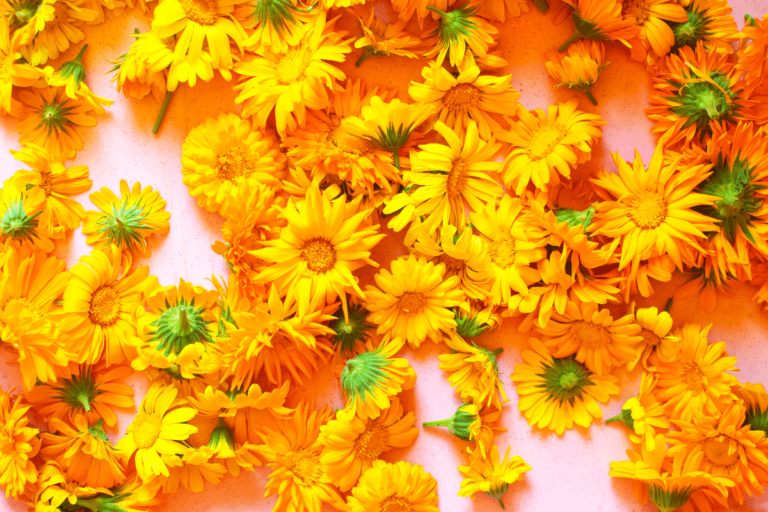

Calendula Benefits For Skin For Eczema, Dryness, & Wound Healing
Here are the powerful calendula benefits for skin and why I use it in all of my skincare products
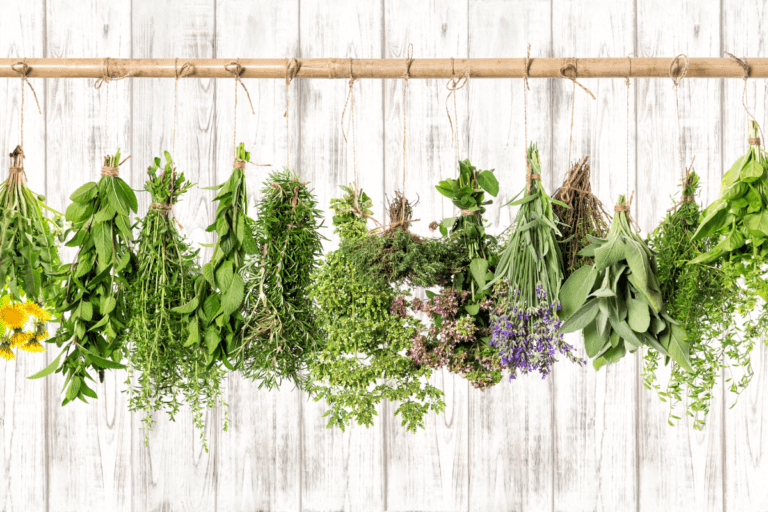

7 Herbs For PCOS (& Other Natural Remedies)
Research shows that these herbs for PCOS can help treat symptoms. Here’s which ones to try.
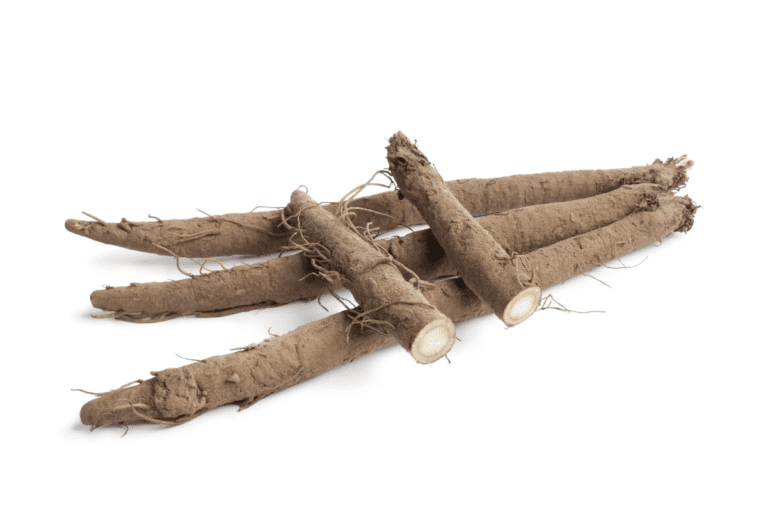

Burdock Root Benefits & Healing Recipes
These burdock root benefits will make you want to put this healing plant in your pantry!
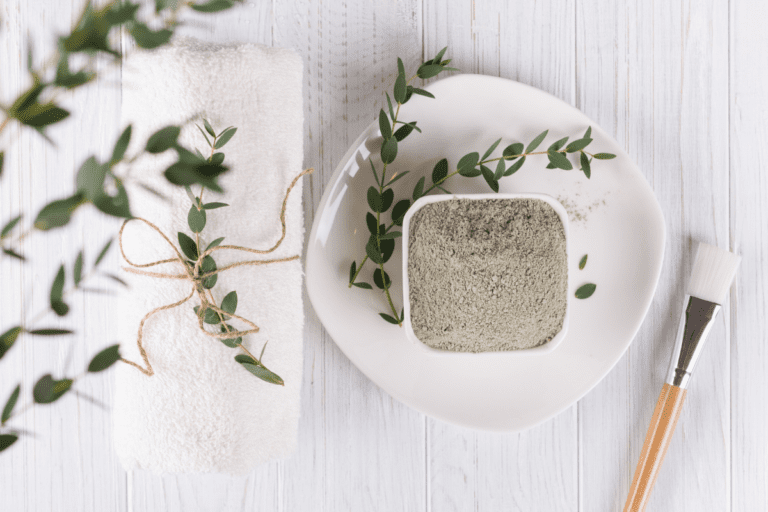

Incredible French Green Clay Benefits For Glowing Skin
Here are all of the incredible french green clay benefits for gorgeous, calm, healthy skin.


11 essential oils for PCOS relief and support
PCOS can be challenging for our beautiful bodies. Here are 11 essential oils for PCOS that can help make it a little easier.
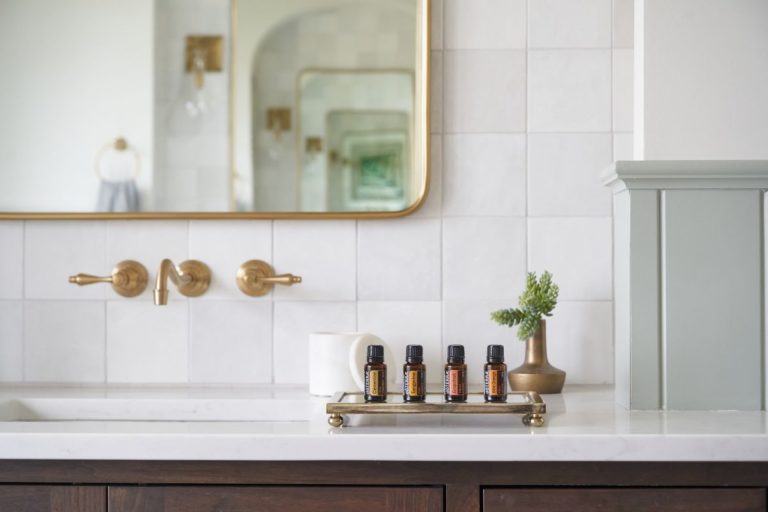

How to use essential oils in the shower to heal everything
Here’s how I use essential oils in the shower, plus a few recipes!
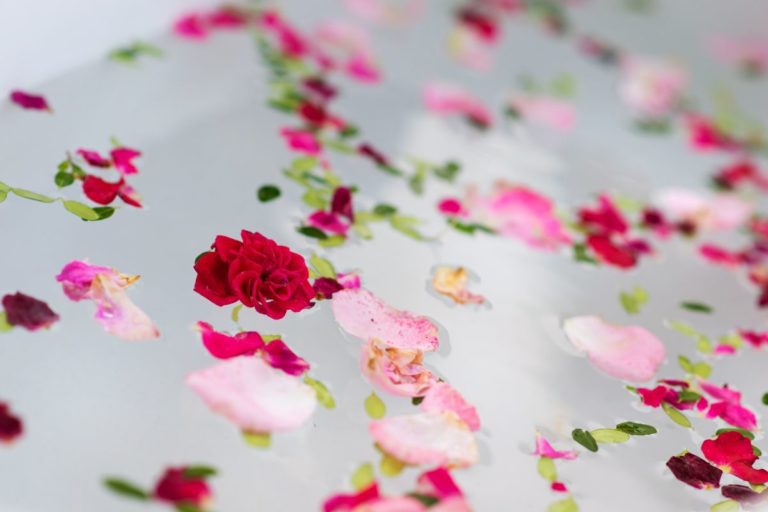

How to make a perfect herbal sitz bath
Here are the perfect herbs for a healing sitz bath.
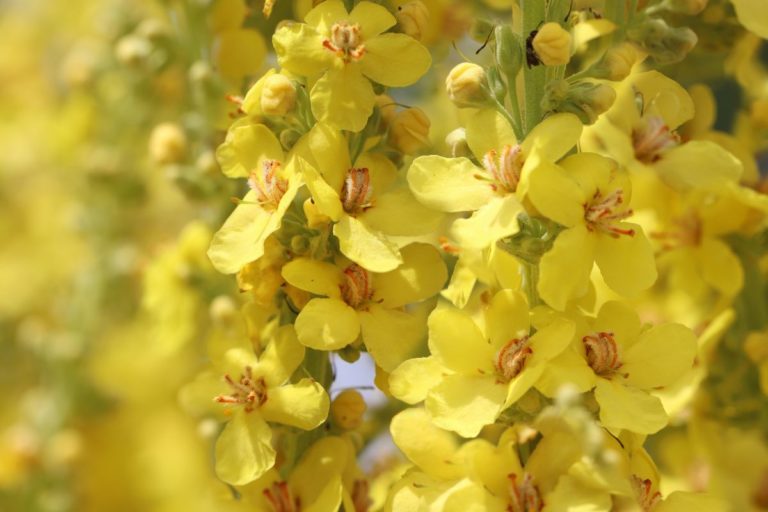

Exploring Mullein Plant Medicinal Uses (And Recipes)
Discover the medicinal benefits of the mullein plant for respiratory issues, skin conditions and ear pain. Plus a few recipes for your own home remedies.
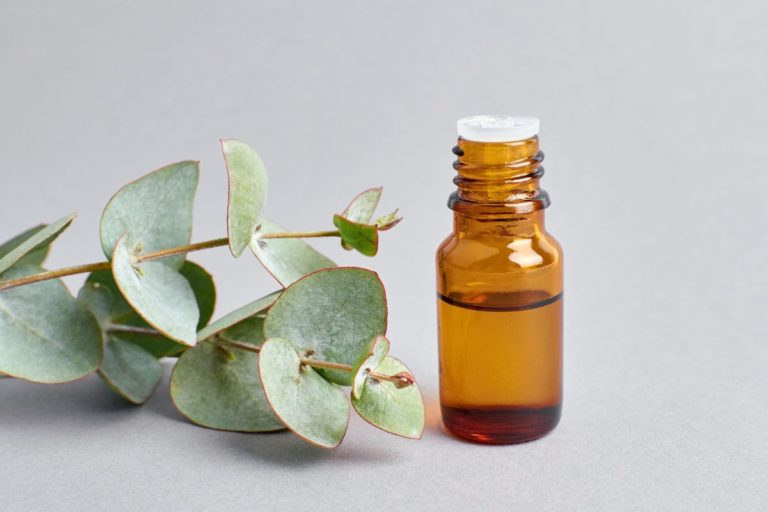

6 best essential oils for the lymphatic system
Essential oils can be used to stimulate the lymphatic system, reduce inflammation, and improve immune system functioning. Learn how to use essential oils for lymph nodes and which oils are most effective.
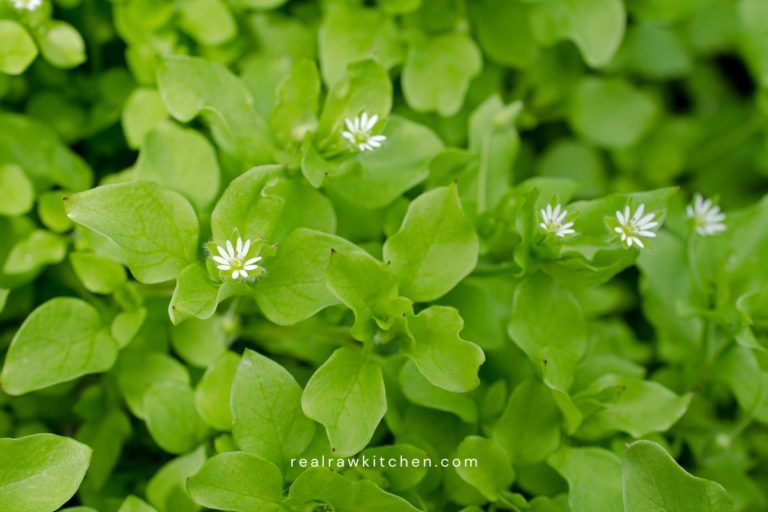

Chickweed health benefits for your home
Learn more about the chickweed health benefits and why you’ll want it in your own home medicine cabinet.
